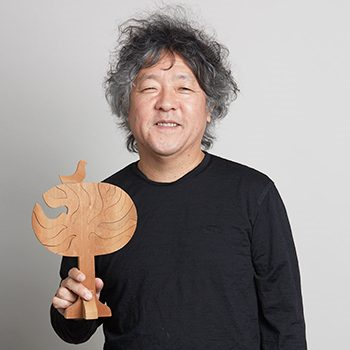Tokoro, Mario and Mogi, Ken
Creativity and the brain

It is my ultimate goal to solve the problem of how consciousness arises from the neural activities in the brain. It is the holy grail of not only neuroscience, but also indeed the whole of science. Qualia, free will, memory, and temporality are among the subjects studied. Along the way, it is necessary to take a good look into various aspects of the functions of the brain. The recent development of artificial intelligence has provided interesting new challenges for neuroscience. The structure of evaluation function, which is excellently optimized by recent models of AI, reveals a multifaceted, robust, and distributed nature in the case of the brain. Specifically, it is interesting to ask how the brain develops personality, characterized by the "Big Five" factors (openness, conscientiousness, extraversion, agreeableness, and neuroticism). I pursue a game theoretic approach where personalities evolve as the result of interaction among agents.
Other topics studied include emotion, embodiment, interaction, attachment, and mechanisms of learning as an open-ended process. I investigate how ikigai would affect the health and wellness of people.
Tokoro, Mario and Mogi, Ken
Creativity and the brain
E. Hoshino and K. Mogi
Multiple processes in two-dimensional visual statistical learningPLOS ONE | Vol.12, pages 1-15, February, 2017
T. Herai and K. Mogi
Perception of temporal duration affected by automatic and controlled movementsConsciousness and Cognition | Vol.29, pages 23-35, 2014
K. Mogi
Cognitive factors correlating with the metacognition of the phenomenal properties of experienceScientific Reports | Vol.3, pages 3354-3358, November, 2013
T. Sekine and K. Mogi
Distinct neural processes of bodily awareness in crossed fingers illusionVol.20, NeuroReport, 2009
A. Onzo and K. Mogi
Dynamics of betting behavior under flat reward conditionVol.15, pages 93-99, International Journal of Neural Systems, February, 2005
Artificial intelligence, human cognition, and conscious supremacy Journal : Frontiers in Psychology